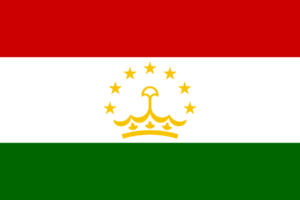The ICJ is deeply shocked at the admission by an MI5 expert that the British intelligence service would use information extracted from tortured persons as evidence in court.
It appears that the expert made this admission at a hearing of the Special Immigration Appeals Commission in London, during the review the detention of 10 asylum seekers and refugees believed by the Home Secretary to be connected with terrorism.
The ICJ reminds the UK Government that the prohibition of torture and other cruel, inhuman or degrading treatment is absolute and admits no exception of any kind under any circumstances. This fundamental rule on the prohibition of torture is enshrined in the Convention against Torture, the International Covenant on Civil and Political Rights, the European Convention on Human Rights, the European Convention for the Prevention of Torture and international humanitarian law as laid down in the Geneva Conventions, all instruments to which the United Kingdom is a party. It is a peremptory norm of international law and the fight against terrorism may not be used as an excuse to justify the intolerable practice of torture.
“Less than a month ago, the UK expressed its commitment to the absolute ban on torture by signing the UN Optional Protocol to the Convention against Torture. It is extraordinary that at the same time UK authorities disregard the most basic obligations on torture. The UK must be coherent and not contradict words with acts. Mere symbolic gestures are not sufficient”, says the ICJ.
Confessions extracted under torture or cruel, inhuman or degrading treatment cannot be invoked as evidence in any proceedings. Courts have an obligation to dismiss any piece of information submitted, if the slightest doubt as to the lawfulness of its obtention arises. In the event that confessions were obtained abroad, at Bagram air base in Afghanistan and in Guantanamo Bay for instance, the prohibition to admit them as evidence remains.
“The argument that torture has been committed somewhere else or by someone else is flawed and unacceptable: it amounts to indirectly benefiting from the crime of torture”, stresses the ICJ. In addition, a prompt, effective, impartial and independent investigation must be conducted into any allegation of torture or cruel, inhuman or degrading treatment.
United Kingdom-no exception prohibition torture-press release-2003 (text, PDF)





